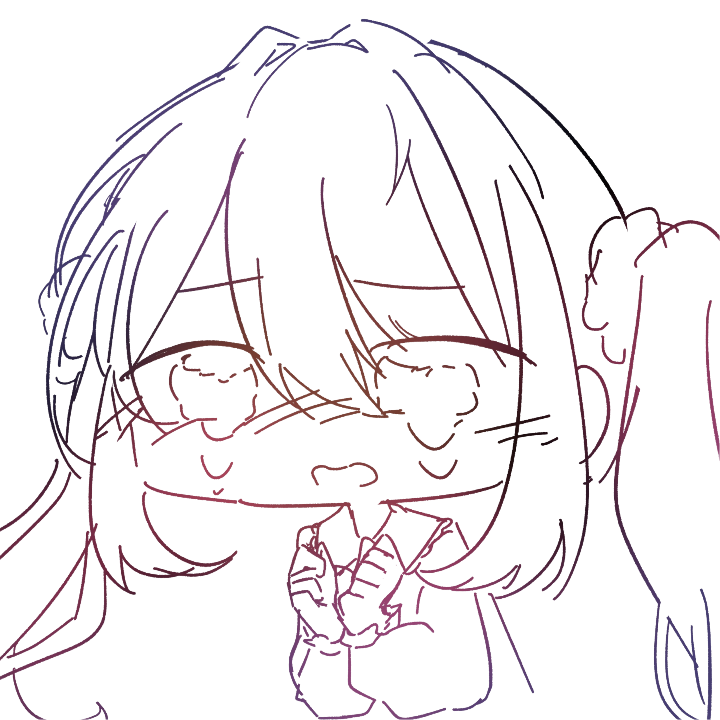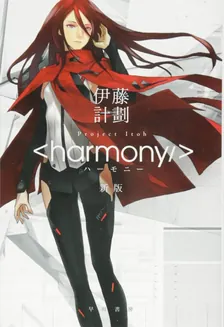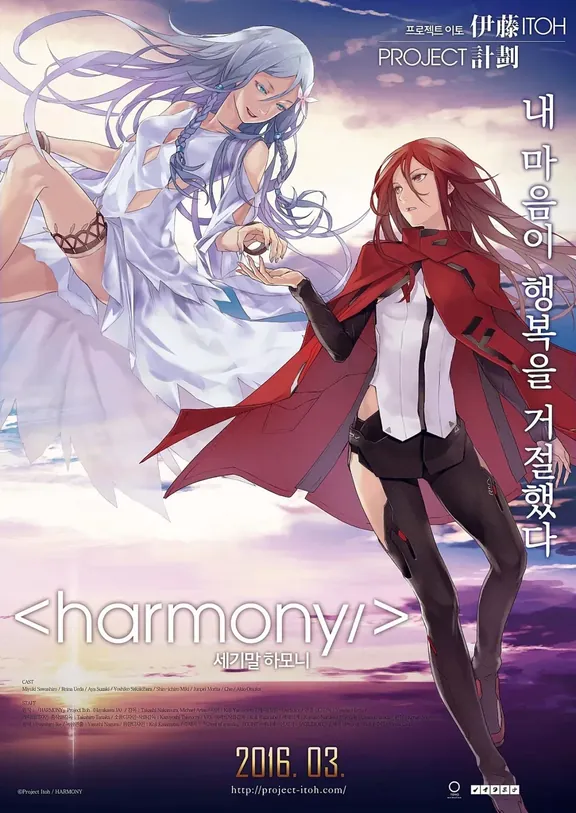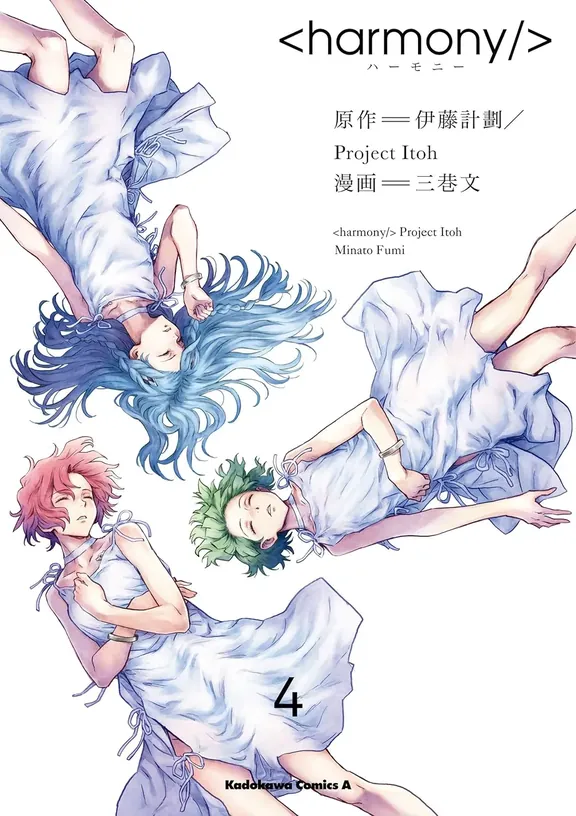
<harmony/>
In the latter half of the 21st century, after a global chaos known as the "Great Disaster (The Maelstrom)," humanity had built a large-scale welfare society. With the advancement of medical technology, diseases were almost eradicated, creating a "utopia" overflowing with superficial kindness and ethics. In such a society, three girls, weary of their surroundings, chose to starve to death. Thirteen years later, the girl who could not die, Kirihei Toan, sees the shadow of the only girl who truly died amidst the chaos engulfing the world. This is a depiction of the critical point of utopia by the author of "Massacre Weapon."
(More)<harmony/>
In the latter half of the 21st century, after a global chaos known as the "Great Disaster (The Maelstrom)," humanity had built a large-scale welfare society. With the advancement of medical technology, diseases were almost eradicated, creating a "utopia" overflowing with superficial kindness and ethics. In such a society, three girls, weary of their surroundings, chose to starve to death. Thirteen years later, the girl who could not die, Kirihei Toan, sees the shadow of the only girl who truly died amidst the chaos engulfing the world. This is a depiction of the critical point of utopia by the author of "Massacre Weapon."






